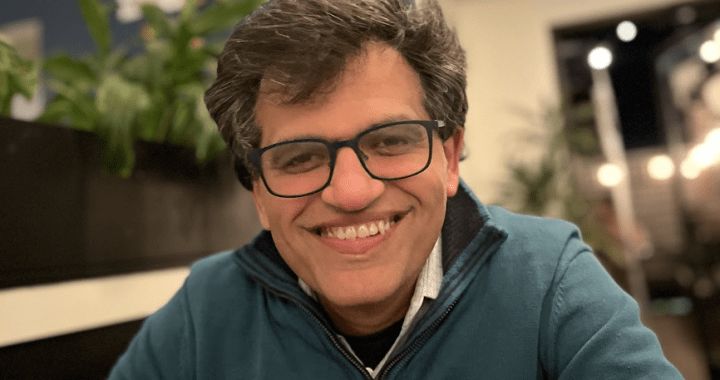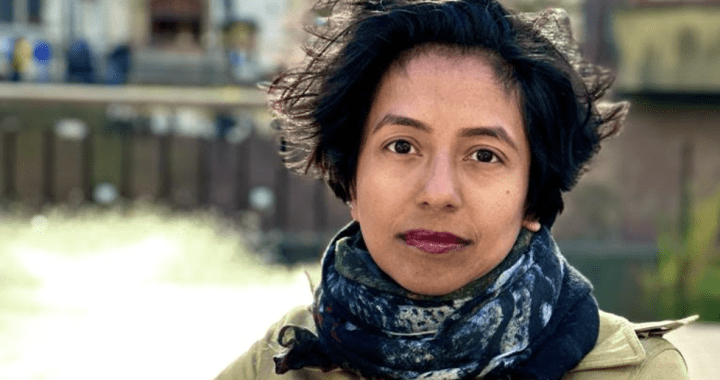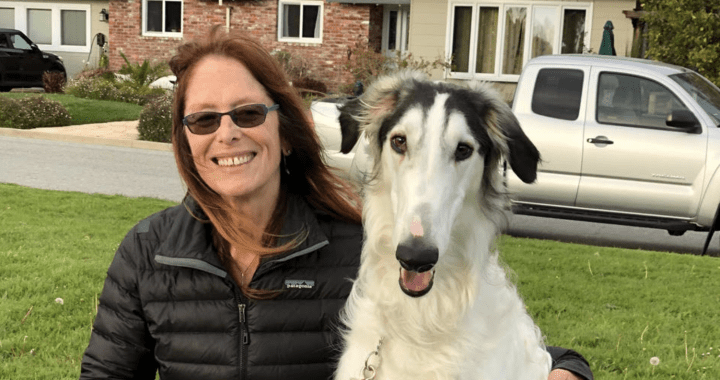This talk reteaches the history of the research university as a series of answers to the question of what symbols are for, what symbols can do. By answers I do not mean simply what scholars have said about these matters, but also what we have done, the worlds we have made in our teaching and in our shaping of the forms of the university itself. Two portraits stand at the center, each from public universities, each cases in which scholars themselves had an unusual degree of influence: the founding of the University of Berlin in the years before 1809 and the formation of the History of Consciousness program at the University of California, Santa Cruz over the course of the 1970s-80s. Both institutions were established during periods of academic reform and state-building ambition. In both cases we find the imprint of a peculiarly Romantic myth—the idea of an intimate relation among three sets of maps: maps of a school, maps of culture, and maps of the mind.
Noreen Khawaja teaches in the Religion and Modernity program at Yale University. Her work examines the ideas, practices, and institutions of secular reason. She is the author of The Religion of Existence: Asceticism in Philosophy from Kierkegaard to Sartre (University of Chicago Press, 2016) and is currently at work on a history of the research university.
Date | Time
October 23, 2024 | 12:15 – 1:30 PM [PST]
Free and open to the public
Venue | Location
Humanities Building 1, Room 210
University of California, Santa Cruz










